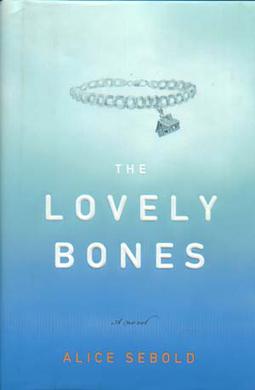Originally published in the Word Girls Newsletter, February 2016
I
tried to rise to the challenge. I plotted out story lines using Freytag’s
pyramid, and imagined a perfect heroine to live our own version of a Greek
tragedy. I wrote draft after draft, crumbling them all into balls and bouncing
them to the cat.
 It
struck me very suddenly, sitting on my back deck one early July morning. God
was calling me to write. After Ron’s accident, Dr. Huffman had occasionally
asked me to speak with the wife or husband of another accident victim, to let
them know that life would go on. Who better, she said, than one who had
survived. So I plunged in, pulling out whole sections from my journal and
posting them on my blog.
It
struck me very suddenly, sitting on my back deck one early July morning. God
was calling me to write. After Ron’s accident, Dr. Huffman had occasionally
asked me to speak with the wife or husband of another accident victim, to let
them know that life would go on. Who better, she said, than one who had
survived. So I plunged in, pulling out whole sections from my journal and
posting them on my blog.
People
responded. They wanted to hear more. I plunged in even further. If only one
person could be helped, I told myself, if just one other woman could see that a
changed life was still a valuable life, it would be worth the work. I spent a
year culling through the journals, adding poems and Bible verses. I kept
blogging. And in June of 2015, Crazy: A Diary was born.
But
it reached who it needed to reach. One night, about six months after Crazy was
out, an unknown reader from another part of the country e-mailed me. This is
what she said:
“Your
book saved my life. I was about to give up, but I think now that I can go on. Thank you.”
No. Thank
God. .